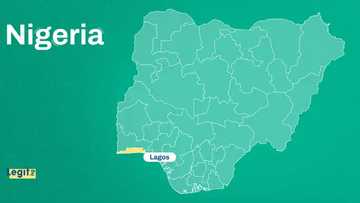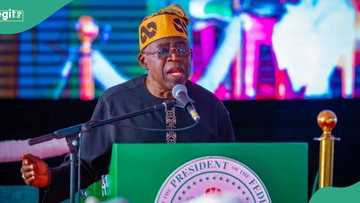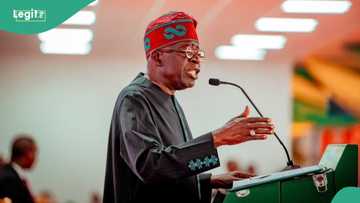FULL LIST: 16 West African Countries and Their Date of Independence as Nigeria Marks October 1
- Between January and December of 1960, no fewer than 16 countries in sub-Saharan Africa gained independence from European colonial powers, including 14 former French colonies
- According to reports, the events of 1960 – with so many nations gaining independence in a short span of time – were partly the result of a long process following the tumult of World War II
- As Nigeria celebrates its 64th Independence Day anniversary, Legit.ng compiled a full list of other African nations that gained their freedom from the British in 1960
CHECK OUT: Education is Your Right! Don’t Let Social Norms Hold You Back. Learn Online with LEGIT. Enroll Now!
Legit.ng journalist Esther Odili has over two years of experience covering political parties and movements.
Western Africa refers to the geographic region on the western part of the African continent, including countries like Nigeria, Benin, Burkina Faso, Cabo Verde, and Chad, among others.
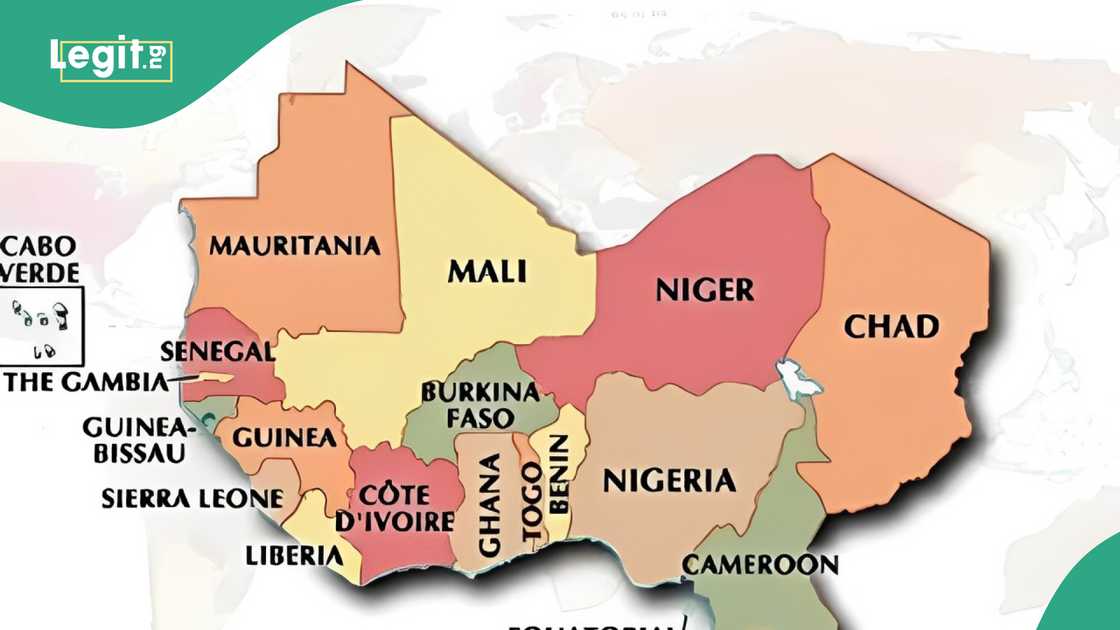
Source: Facebook
As reported by The Nation, his area is commonly referred to as “West Africa,” a term often used to describe the region.
However, “West Africa” is more commonly recognized as a political and economic designation, which usually includes most of the listed countries but often excludes nations like Cameroon, Chad, Equatorial Guinea, and the Saharan parts of Mali, Mauritania, and Niger.
This distinction emphasizes how the term “West Africa” can be applied in different contexts, often focusing on the region’s socio-political dynamics.
West Africa is made up of 16 countries, each with its unique history of gaining independence from colonial rule.
Below is a comprehensive list of the countries along with their respective dates of independence as Nigeria clocks 64 years as a nation on Tuesday, October 1:
1. Benin Republic– August 1, 1960
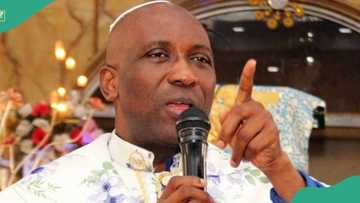
Read also
Independence Day: '3 things Nigeria must do to experience better days', Primate Ayodele shares
Benin Republic formally achieved its independence from France on August 1, 1960, and Hubert Maga was elected as president.
2. Burkina Faso – August 5, 1960
Burkina Faso gained full independence from France on the 5 th of August 1960 after 20 years of unrest and military coups.
3. Cape Verde – July 5, 1975
Cape Verde formally achieved its independence from Portugal, and Aristides Pereira of the African Party of Independence of Cape Verde (Partido Africano da Independência de Cabo Verde – PAICV) was elected president by the National Assembly on July 5, 1975.
Pedro Verona Rodrigues Pires of the PAICV formed a government as prime minister on July 8, 1975.
4. The Gambia – February 18, 1965
Republic of The Gambia achieved independence on February 18, 1965, as a constitutional monarchy within the British Commonwealth.
5. Ghana – March 6, 1957
Ghana was the first country in West Africa to gain independence from British colonial rule in 1957, setting a precedent for other nations in the region.
Ghana formally achieved its independence from the United Kingdom and became a member of the Commonwealth of Nations (CON) on March 6, 1957.
Kwame Nkrumah of the Convention People’s Party (CPP) became the prime minister of Ghana on March 6, 1957.
6. Guinea – October 2, 1958
After intense struggles and militant activities, Guinea attained independence on October 2, 1958.
This is after a nationwide referendum rejected French proposals for Guinea to remain a semi-autonomous member of a French West African Community (Communaute Francaise).
7. Guinea-Bissau – September 24, 1973 (alternate date: September 10, 1974)
The PAIGC National Assembly met at Boe in the southeastern region and declared the independence of Guinea-Bissau on September 24, 1973.
Following Portugal's April 1974 revolution, it granted independence to Guinea-Bissau on September 10, 1974. The United States recognized the new nation that day.
8. Ivory Coast (Côte d’Ivoire) – August 7, 1960
On July 11, 1960, France agreed to the Ivory Coast's full independence. Consequently, Ivory Coast became independent on August 7, 1960 under the leadership of Félix Houphouët-Boigny.
9. Liberia – July 26, 1847
Liberia, which means land of the free, was the first nation on the African continent to gain its independence on July 26, 1847 from the United States.
The Liberian Declaration of Independence was adopted and signed. In it, Liberians charged their mother country, the United States, with injustices that made it necessary for them to leave and make new lives for themselves in Africa.
10. Mali – September 22, 1960
On September 22, 1960, Mali gained independence from France. A new country was born, so was a new flag. Mali’s flag is green, yellow, and red. The green represents the fertility of the earth. The yellow symbolizes Mali's natural resources or mineral wealth and purity. The color red is a reminder of the blood that was shed to gain independence from French rule.
11. Mauritania – November 28, 1960
A former French colony, The Islamic Republic of Mauritania, gained independence on November 28, 1960. It was the last country of the French Community to gain full independence.
As the country gained independence in 1960, the capital city Nouakchott was founded at the site of a small colonial village, the Ksar.
12. Niger – August 3, 1960
Niger had been the subject of French colonial interest since 1899 despite fierce resistance from the local population but Independence was officially declared on August 3, 1960.
13. Nigeria – October 1, 1960
On October 1, 1960, Nigeria gained independence from Britain. The late Abubakar Tafawa Balewa was the prime minister, leading a coalition government of the parliamentary system. Three years later, it became a republic.
14. Senegal – April 4, 1960
In January 1959, Senegal and the French Soudan merged to form the Mali Federation, which became fully independent on June 20, 1960, as a result of the independence and the transfer of power agreement signed with France on April 4, 1960.
15. Sierra Leone – April 27, 1961
As reported by BBC, on April 27, 1961, Sierra Leone won its independence, after more than 150 years of British colonial rule. The new nation was born at the stroke of midnight, when its green, white and blue flag was unfurled.

Read also
Nigeria at 64: 3 unforgettable Independence Day highlights that defined the country's sovereignty
16. Togo – April 27, 1960
Togo formally achieved its independence from United Nations trusteeship under French administration on April 27, 1960.
Read related articles here:
- Diplomatic pause: U.S. and UK embassies in Nigeria shut down for Independence Day speech
- Nigeria at 64: 7 Things You Should Know About October 1 Independence Day
- Nigeria at 64: Nnamdi Azikiwe, 9 other people whose labour paved the way for country’s Independence
NANS unveils plans for Independence Day celebration
Earlier, Legit.ng reported that the National Association of Nigerian Students (NANS) announced a nationwide campaign to promote patriotism among students ahead of Nigeria’s 64th Independence Day on Tuesday, October 1.
NANS President, Comrade Lucky Emonefe, said the association is pulling out all the stops to make it a memorable occasion.
Proofread by Kola Muhammed, journalist and copyeditor at Legit.ng
PAY ATTENTION: Сheck out news that is picked exactly for YOU ➡️ find the “Recommended for you” block on the home page and enjoy!
Source: Legit.ng


